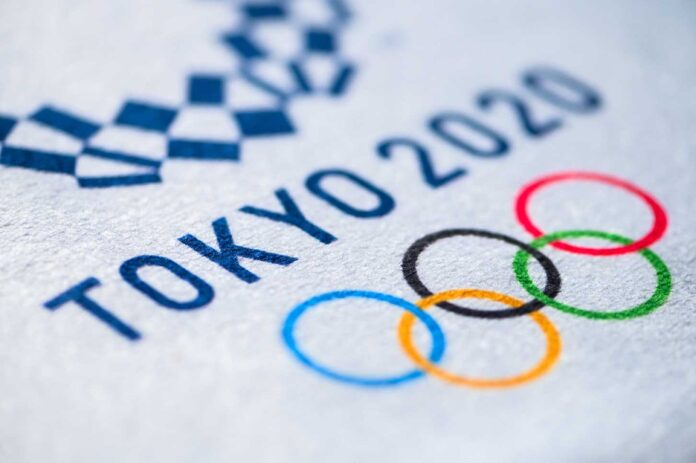This year’s summer Olympics is set to have a record number of LGBTQ athletes competing, with the highest percentage coming from the United States. According to Outsports.com, 142 athletes across 25 countries will participate in the sporting event set to begin June 23 in Tokyo. The number is more than double that of the 2016 competition in Rio. LGBTQ athletes will compete in 26 different sports, including basketball, rowing, rugby, and soccer.
Women’s soccer has the highest number of LGBTQ athletes with 34 set to compete, including Megan Rapinoe, Tierna Davidson, Kelley O’Hara, and Adrianna Franch from team USA, who begin their Olympic competition on June 21, two days before the opening ceremony.
In total, the USA olympic contingent has 30 openly LGBTQ athletes competing, followed by Canada (16), Great Britain (15), Netherlands (14), New Zealand (9), Australia (10) and Brazil (9).
While most of the openly LGBTQ Olympians are from countries with strong records on equality, there are also out athletes competing for countries including Poland, India, Tonga, and the Philippines, which have fewer rights — if any — for members of the LGBTQ community. It is worth noting, however, that even for the countries lacking in LGBTQ legal protections, there are advocacy groups working on issues such as decriminialize same-sex sexual activity or legalize same-sex marriage. The struggles of LGBTQ rights groups in Poland have been well documented, and last month an Indian court recently called for strong reforms for LGBTQ rights.
Another fact about the roster of LGBTQ Olympians is that the vast majority of them are women. In soccer, which has the highest percentage of out athletes, all 34 out competitors are women. Same with basketball, which has the second highest percentage of out competitors. In total, openly LGBTQ women Olympians outnumber men by seven to one. This was the same trend as the 2016 Olympics, and in pro sports in general around the world.
This year will also have the first openly trans Olympian, with New Zealand weightlifter Laurel Hubbard set to compete, while trans American BMX athlete Chelsea Wolfe will serve as an alternate.
Openly LGBTQ Olympians are important for a number of reasons. They provide LGBTQ visiblity in a high profile event broadcast around the world. Visibility helps in a number of ways, including inspiring others to come out and proving that LGBTQ people exist in every industry and every country. They also dispel LGBTQ stereotypes and serve as role models for LGBTQ athletes and nonathletes. They help local LGBTQ organizations by providing them with an inspiring hometown story, and furthermore many LGBTQ athletes have gone on to become LGBTQ advocates both locally and nationally.
As much as the International Olympic Committee has been under scrutiny in recent years for their host city selection criteria and their willingness to go to countries with abysmal human rights records like China, the athletes should be celebrated for their achievements in their field. This is especially important for openly LGBTQ athletes, who often have to deal with discrimination in training and daily life which non-LGBTQ athletes avoid. It’s a sad reality that in many states around the country, LGBTQ athletes can be denied public accomodations, including membership to gyms, because of their sexual orientation and gender identity. But perhaps, with more LGBTQ athletes coming out, that will change over time.
The Olympics is supposed to be about bringing people together. And when it comes to our LGBTQ athletes and the LGBTQ community, that is proudly the case.
